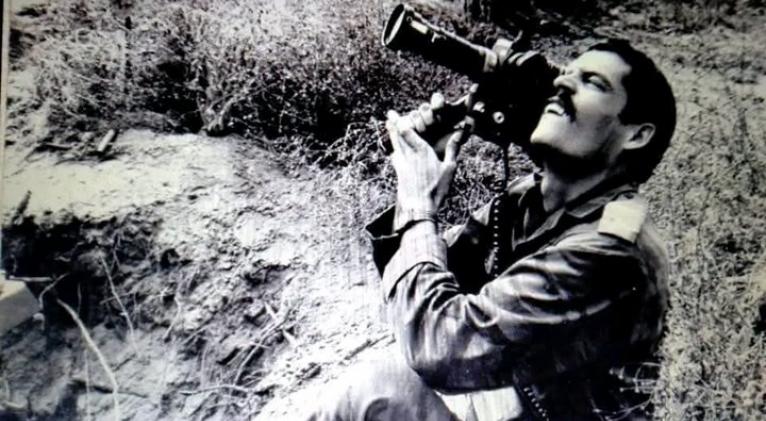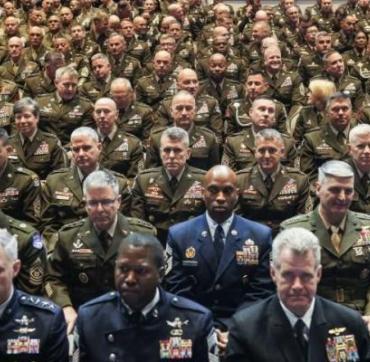Rigoberto Senarega: Thank You for Your Lens
especiales

The director of photography, war correspondent, and documentary filmmaker Rigoberto Senarega Madruga doesn't belong only to the island; he made history on the African continent when he traveled to Angola to capture the Cuito Cuanavale conflict with his lens, a decisive episode for that country's independence and the end of apartheid.
Upon learning of his death early Monday morning, the First Secretary of the Party Central Committee and President of the Republic, Miguel Díaz-Canel Bermúdez, emphasized on his social media account that Senarega's exclusive images "honor the memory of our honorable internationalist missions in Africa."
Born in Matanzas in 1960, he dedicated much of his life to audiovisual creation and teaching: he served as a photography professor at the Higher Institute of Arts, committed to fostering revolutionary values in new generations.
From his youth, he joined the film club movement. As a result of this connection, he filmed more than 20 projects, including documentaries, short films, and feature-length fiction films. He is considered one of the founders of amateur filmmaking in the country. In 1984, he began working at the Armed Forces Film and Television Studios, and since 1996, he has worked for the Cuban Institute of Radio and Television.
His work encompasses more than thirty films, which have participated in international screenings and festivals around the world.
His experiences as a war correspondent were captured in the documentary Gracias por el miedo (Thanks for Fear) (2019), in which he reconstructed the graphic memory of the Cuban military's participation in the Angolan war.
In an interview with the newspaper 5 de Septiembre, when asked by journalists about the reasons he conceived this audiovisual, he stated:
"I was in Cuito Cuanavale for seven months, from December 1987 - June 1988. I covered everything that happened: victories, defeats, bombings, our achievements... But what happened in that first part, because I later returned to Angola twice, until 1991, is that I returned to Havana for medical reasons, because I had PTSD. Imagine, I went straight from there to the Naval Hospital for two months of treatment. You come back with a thousand demons. Even today, at 60, I sometimes wake up from a nightmare, dreaming that I'm in a war with cannon fire; I want to run, but I can't because my feet are heavy. Those demons are still in my head, and I've accepted that I have to live with them."
"I waited for the memories to age like wine, so I could see that situation from a distance and appreciate it at its true value. One has to let time pass. As for me, I owed it to myself; also to all the other journalists who traveled to Angola, including the two killed in the downing of the plane they were traveling in by friendly fire. So, I consider the documentary an act of exorcism: to exorcise what I had inside and give back to the people a work that is, above all, human, which is not a military chronicle, far from it, but a short film about people's feelings and experiences."
Translated by Amilkal Labañino / CubaSi Translation Staff














Add new comment